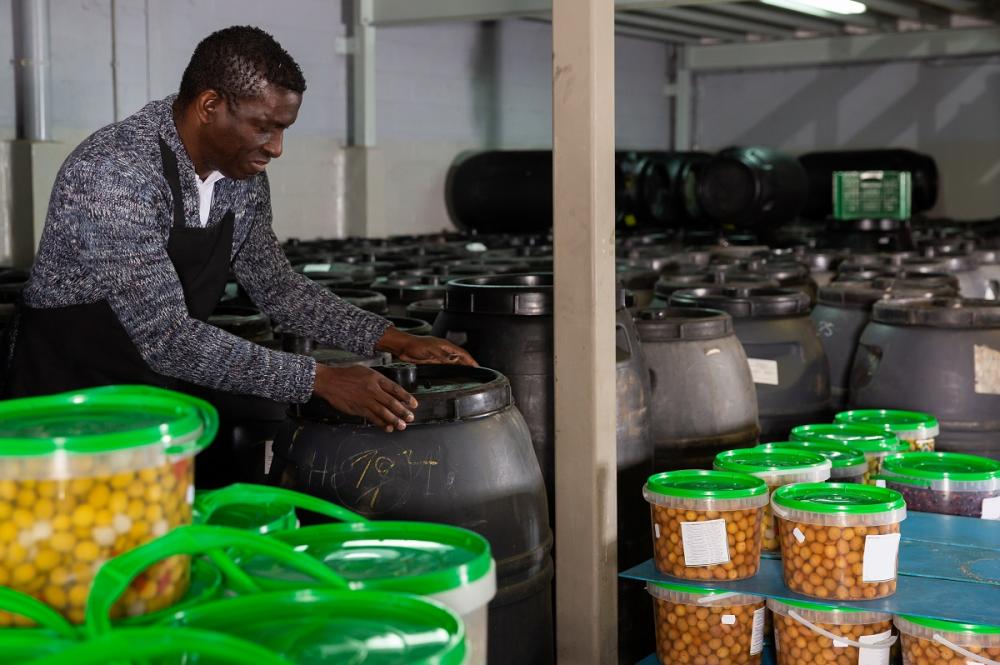One hundred representatives of the public and private sectors in the Caribbean received training on nutrition labelling.

Bridgetown, Barbados, 12 May 2021 (IICA). The Inter-American Institute for Cooperation on Agriculture (IICA), in collaboration with the U.S. Department of Agriculture (USDA) and the Caribbean Agricultural Health and Food Safety Agency (CAHFSA), organized a virtual seminar to encourage the commitment and participation of Caribbean countries in Codex Alimentarius, particularly with regards to the work of the Committee on Food Labelling and front-of-pack nutrition labelling.
Approximately 100 attendees from public and private entities participated in the event, representing the members of the different national Codex Alimentarius committees.
The organization is responsible for defining international standards for the production, control, verification, and trade of food, and is recognized by the World Trade Organization (WTO). Codex standards are science-based, help to protect consumers’ health and ensure fair food trade practices.
“Food labelling is important to promote public health, keep consumers informed, and facilitate trade”, stated Kenneth Lowery, Senior International Issues Analyst in the Office of the Under Secretary for Trade and Foreign Agricultural Affairs, U.S. Codex Office.
Ana Marisa Cordero, Manager of the Agricultural Health, Safety and Food Quality Program (AHFS) of IICA, emphasized the Institute’s technical cooperation efforts to drive and bolster the participation of the countries in Codex Alimentarius, “an organization that provides an international regulatory framework to protect the health of consumers and facilitate trade”.
The online technical presentations were given by experts from Canada, Costa Rica, New Zealand, and the United States. The participants were provided with an overview of Codex Alimentarius, the work of the Committee on Food Labelling, and aspects related to front-of-pack nutrition labelling, which is an important topic for the region, which serves as a policy instrument for risk management.
Consumer experiences from Canada and New Zealand were also shared to determine acceptance and preference of several nutrition labelling options.
Gavin Peters, Chief Executive Officer of CAHFSA, pledged the agency’s support to help encourage the countries to participate in the Codex system and to establish a work group.
Renata Clarke, FAO Sub-Regional Coordinator for the Caribbean, urged the countries to commit to the work undertaken by the different national Codex committees, particularly with regards to food labelling, given the Caribbean’s status as a net importer of food.
More information:
Ana Marisa Cordero, Interim AHFS Program Manager, IICA.
ana.cordero@iica.int